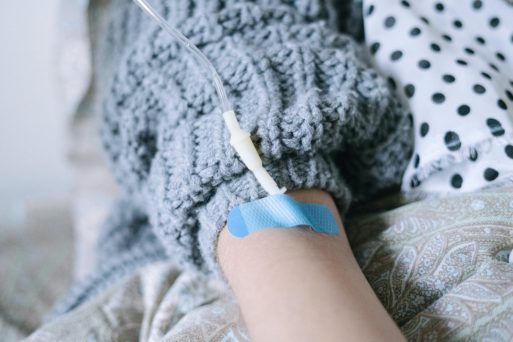
Since the COVID-19 pandemic rocked the world, the interconnectedness of supply chain issues became much more apparent to the average consumer as things like toilet paper and bicycles became high-demand items. But now, chemotherapy drugs are also in short supply, with potentially deadly consequences for patients. The National Comprehensive Cancer Network conducted a survey in May 2023 and found that 93% of cancer centers were having trouble stocking crucial chemotherapy drugs.
The drugs in question, carboplatin and cisplatin, have been in use since the 1970s and are widely seen as some of the most important cancer treatment agents. They have also been carefully studied and proven effective. Oncologist Amanda Nickels Fader, in speaking with John Hopkins School of Public Health, described the impact of these shortages: “The drugs in most significant shortage are among the most utilized drugs to treat the vast majority of cancers. These are curative intent treatments.” She also described how the shortages have forced cancer centers to ration the doses of these essential drugs given to patients. Even when the drugs can be found, the limited availability has pushed prices up exponentially. Cancer centers are having to pay five to ten times as much as they previously paid: What used to be a $50 vial of carboplatin is now retailing for as much as $500.
What is behind these chemotherapy shortages, and can we expect any relief in the future? Richard Pazdur, director of the FDA Oncology Center of Excellence and acting director of the Office of Oncologic Diseases, spoke with The Cancer Letter to describe what sparked the initial shortage:
“The current cisplatin shortage followed an inspection and subsequent identification of quality issues at a single company’s manufacturing facility. The company shut down the production line, leading to the current shortage. As a result of the cisplatin shortage, a ripple effect was observed leading to an increased demand for carboplatin and the manufacturing challenges in meeting an increased carboplatin demand.”
Pazdur also remarked on the FDA’s limited ability to manage the crisis, as the FDA cannot require more companies to produce a desired drug. The shortage is so concerning, however, that the FDA recently agreed to import unapproved cisplatin from China. Leaders in the oncology world recently testified before a House subcommittee about the growing crisis, and conversations are happening at all levels about the dire shortage. But it seems likely that shortages will continue at least through the end of 2023.

 Chemotherapy Shortages Impact Cancer Treatments
Chemotherapy Shortages Impact Cancer Treatments



 “Help Me, Helen”
“Help Me, Helen”















